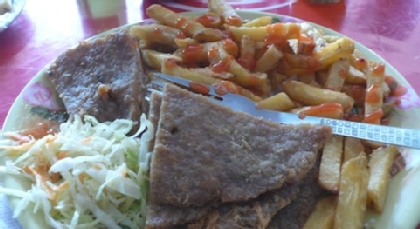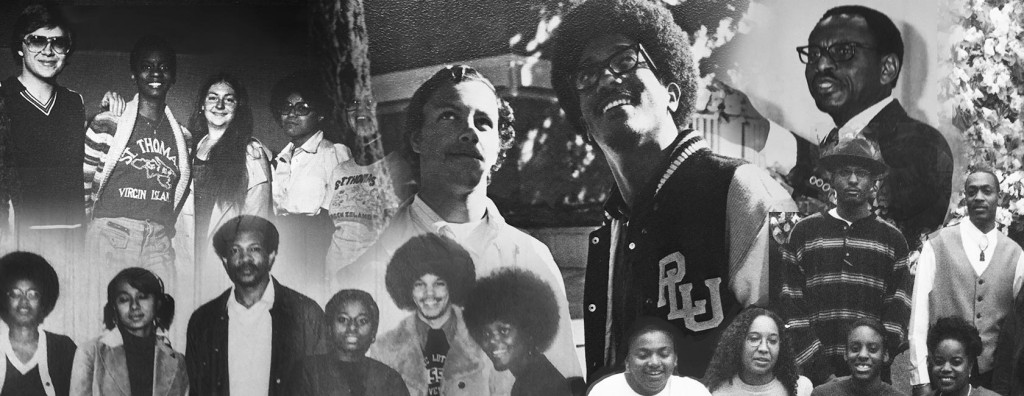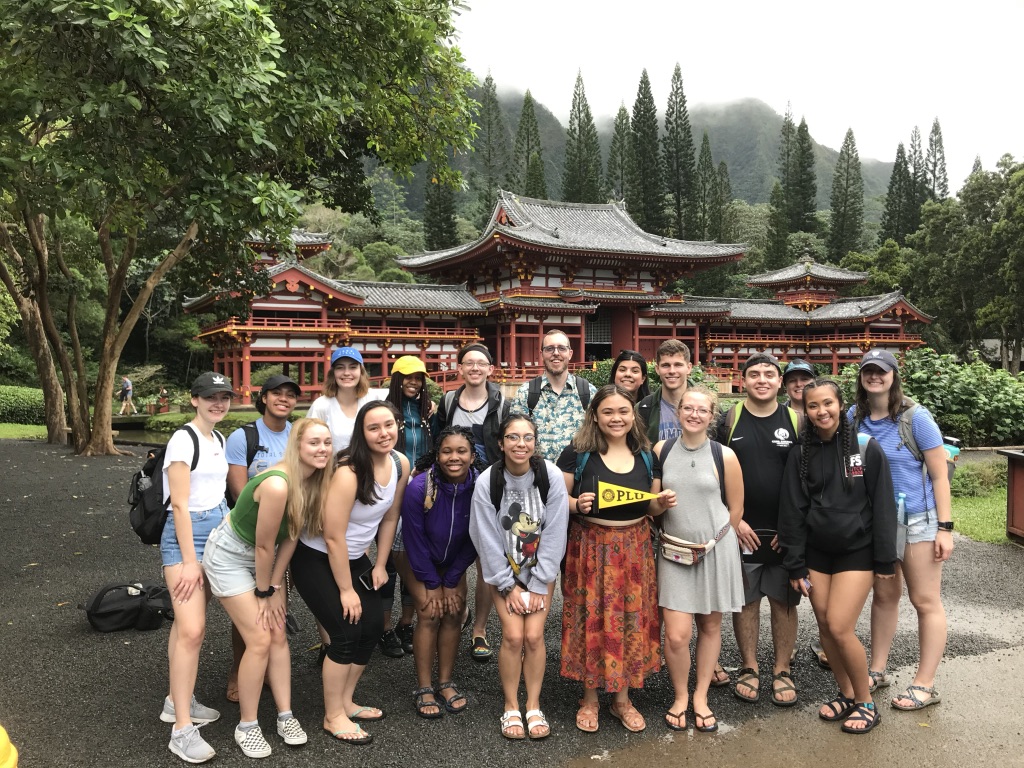Page 6 • (100 results in 0.052 seconds)
-
leads to consideration of issues such as resource distribution and consumption, obligations to future generations and other than human life. Specifically the preservation of endangered species, animal experimentation, farming, resource consumption, pollution, and population growth will be addressed. Prerequisite: sophomore standing. (4) PHIL 387 : Special Topics in Philosophy To provide undergraduate students with new, one-time, and developing courses not yet available in the regular curriculum. The
-
State’s Commute Trip Reduction (CTR) law (RCW 70.94.521-551). The law, passed in 1991 as part of the state’s Clean Air Act, requires affected employers (such as PLU) to establish programs that encourage employees to find alternatives to drive-alone commuting. The purpose of the CTR law is to improve air quality, reduce traffic congestion, and minimize energy consumption. Because the law applies to employees, so too do many of PLU’s benefit programs. There are programs open to commuter students. If
-
community’s strongest patriarch. The blend of romance and family at the center of Emma and Knightley’s relationship primes it for seasonal consumption given our contemporary taste for Christmas rom-coms. In how both McGrath and de Wilde cement the romance in relation to the preservation of the family nucleus, they provide us with a sentimental ending tailor-made for a twenty-first century Christmas favorite.Works Cited:Emma. Directed by Autumn de Wilde, Focus Features, 2020. Emma. Directed by Douglas
-
and staff. Lunch will be provided and registration is required. Participants will discuss how college campuses can be more sustainable and develop concrete initiatives for addressing the needs of their campus. Two specific themes will be addressed: promoting alternative transportation and campus infrastructure, energy and resource consumption. Along with PLU, the conference is sponsored by Bates Technical College, Clover Park Technical College, The Evergreen State College – Tacoma campus, Pierce
-

States for consumption. Read Previous Cross-Cultural Coursework Read Next Your PLU Idol is… COMMENTS*Note: All comments are moderated If the comments don't appear for you, you might have ad blocker enabled or are currently browsing in a "private" window. LATEST POSTS Three students share how scholarships support them in their pursuit to make the world better than how they found it June 24, 2024 Kaden Bolton ’24 explored civics and public policy on campus and studying away in Oxford June 12, 2024 PLU
-

women/Black femininity, racism, rage, and identity politics within the album itself and through its consumption. FEB 16 Black Male Barbershop TalkPflueger Hall 2nd Floor Study Lounge – 6pm The Barbershop in the Black community is known as a space and place of laughter, fun, community, discussing everything from religion, to sports, and most importantly issues facing the Black community. Come join us for an opportunity to discuss critical issues of success and support for Black males on PLU’s campus
-

account of the author’s youth, is written in the form of a raw, emotional, poignant letter to his teenage son and depicts the feelings, symbolism and violent realities of being black in America. All first-year students, faculty and staff are encouraged to read the book as part of that campus-wide Common Reading experience. The conversation between Hambrick, Eckstein and Jordan, split into two podcasts for easy consumption, examines the text and bring a rich, lively analysis to bear grounded in the
-

religions in Honolulu, PLU students had the honor of experiencing a tradition far older and more meaningful. Photo by Erik Hammerstrom Long before Japanese, Chinese, Korean, European, and other sailors set foot on Hawaiʻi, Polynesian settlers made their home on the isolated islands. From the land and the water grew traditions and legends. One such tradition is the cultivation and consumption of kalo, or taro, which was once the most prevalent and important staples of the Native Hawaiʻian diet. This
-
interior design because of their simplistic and abstract use of form. The Dogon mainly live in southwest Mali and parts of northwest Burkina Faso, constructing their adobe villages among the cliffs in an area that is relatively inaccessible and rugged. Agriculture is an essential part of survival and the Dogon primarily grow sorghum and millet for local consumption and onions to sell in markets as a cash crop. Granaries for storing sorghum and millet play a particularly important role in Dogon life
-
“right” way of looking at things. Some non-Makah feel that hunting whales is wrong. They have every right to feel that way. In our society, however, we expect vegetarians to accept the dietary practices of those who eat meat. We do not prohibit the consumption of pork or seafood because some of us believe these foods should not be consumed. Prohibiting Makah whale hunting would be a much more extreme than a mere dietary prohibition, it would deny the Makah a central element of their cultural
Do you have any feedback for us? If so, feel free to use our Feedback Form.


